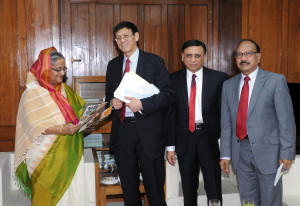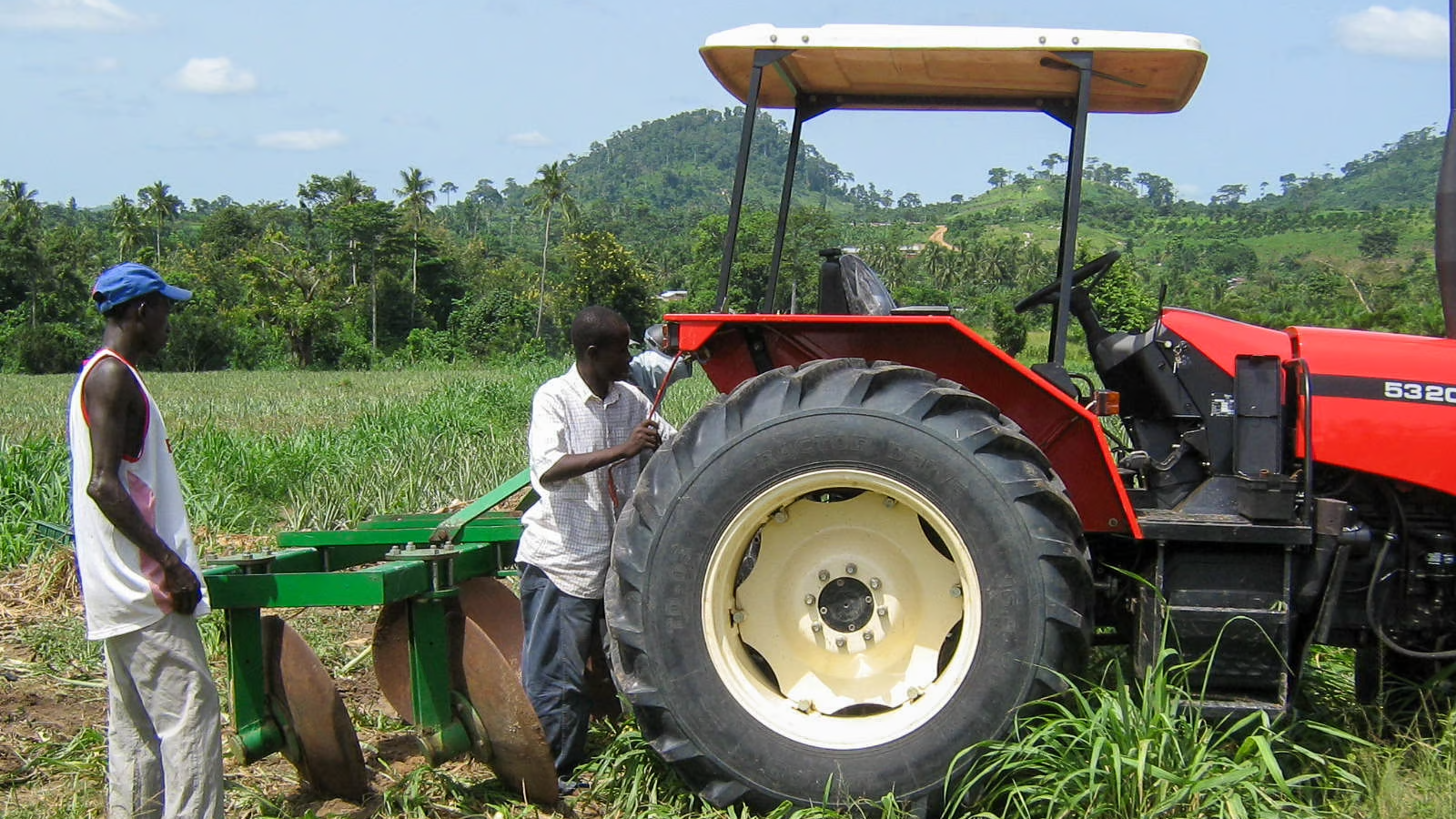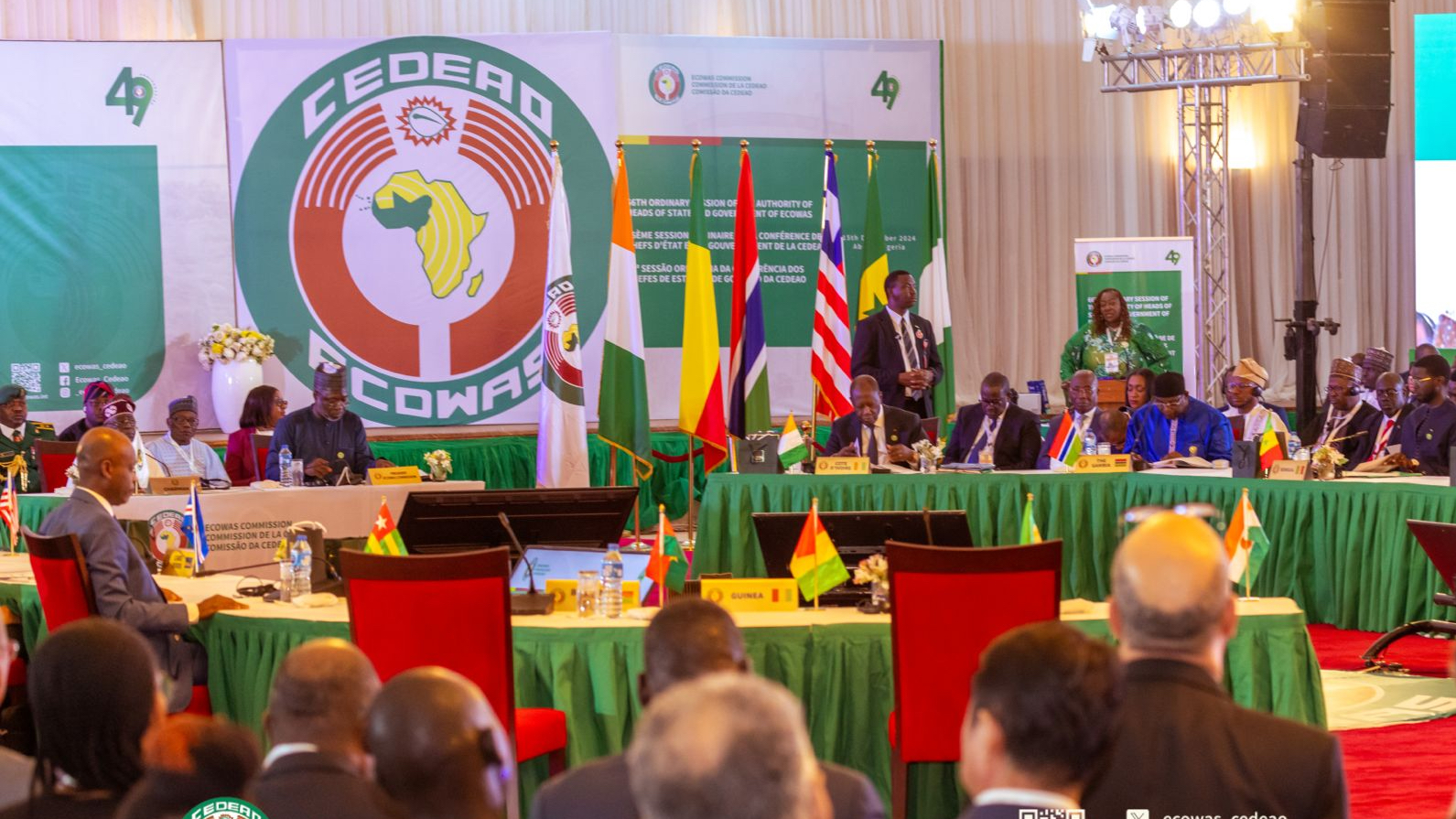The following post by IFPRI Director General Shenggen Fan was originally published on his DG Corner blog.
Bangladesh has made remarkable progress towards the Millennium Development Goals (MDG). During my visit this week with Prime Minister Sheikh Hasina together with Akhter Ahmed, leader of IFPRI’s Bangladesh Policy Research and Strategy Support Program (PRSSP), I applauded her on her able and dynamic leadership.
At our meeting, Prime Minister Hasina emphasized the importance of evidence-based research in country-level policymaking. She called for more research to support Bangladesh’s development agenda and also lauded IFPRI’s research and contributions to food security and nutrition in the country.
As a dedicated and decisive leader, Prime Minister Hasina expressed her unwavering concern for the poor and hungry. She noted the government’s support for smallholder farmers, improved food production, and national food security; social protection and its link to education and health; building resilience against recurring shocks like floods and cyclones; and women’s empowerment.
Bangladesh is a role model in MDG achievement—it is on track or has already achieved five of the eight MDGs. According to the latest MDG progress report, improvements have been made in poverty reduction, gender equality in primary and secondary school enrollment, and child and maternal mortality ratio reduction, among others. However, progress remains slow in important areas such as hunger reduction, better nutrition, good sanitation, environmental sustainability, and certain aspects of gender parity.
Indeed, Bangladesh’s remaining issues in food security and nutrition require more attention. For example, almost one in two children under age five is either stunted, anemic, or iodine deficient. In addition, soil degradation, scarce natural resources, as well as growing frequency and intensity of extreme weather events—signals of climatic change—put at risk the country’s food production.
IFPRI and the CGIAR have been supporting the government to address some of these challenges. IFPRI’s country strategy support program in Bangladesh led by Akhter Ahmed is focused on generating applied research to fill knowledge gaps on critical food security and agricultural development issues. Among several contributions, the PRSSP identified key issues, barriers and drivers that supported the development of Bangladesh’s Country Investment Plan for agriculture, food security and nutrition. The Agricultural Policy Support Unit (APSU) is a major PRSSP achievement toward building long-term analytical capacity within the Ministry of Agriculture, as it is an opportunity to promote important policy reforms to increase incomes of smallholder farmers and develop a nutrition- and gender-sensitive agriculture sector in Bangladesh. In 2013, the PRSSP’s research on onion prices assisted the government in making short-, medium- and long-term policy decisions on onion imports.
Bangladesh is the first country in the world to develop rice varieties biofortified with zinc. The development and distribution of zinc-biofortified rice varieties by HarvestPlus together with the International Rice Research Institute and other partners aims to address zinc deficiency in the country—about 40 percent of children under five, and almost two-thirds of women in Bangladesh are zinc-deficient. The delivery of zinc rice began in 2013, and is estimated to reach 500,000 households by 2016.
While such work is underway, much more can be done. In particular, the dislink between economic development and poor nutrition—especially for women and children—in the divisions of Sylhet and Chittagong, as mentioned by Prime Minister Hasina, calls for more research. IFPRI is eager and prepared to provide assistance and evidence-based support on this issue. In particular, the Women’s Empowerment in Agriculture Index (WEAI) will be of great value.
As Bangladesh has successfully halved hunger from 1990 to 2014, I am equally optimistic that the country can end undernutrition by 2025. Through Compact2025, which will be launched later this year, IFPRI looks forward to a deeper partnership with Bangladesh to scale up efforts to tackle hunger and undernutrition and also to share Bangladesh’s experiences with other developing countries.







